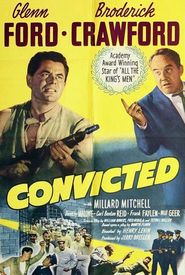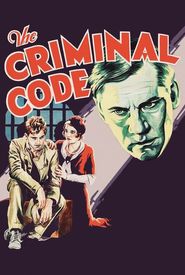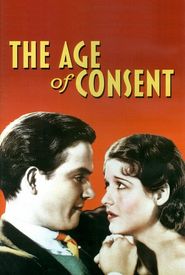Martin Flavin, a renowned playwright, was born in San Francisco and relocated to Chicago at a young age following the untimely demise of his father. He pursued higher education in the city, where he developed a passion for dramatics.
Upon graduating, Flavin secured a position at a newspaper and concurrently contributed short stories to various magazines to supplement his income. Although he achieved moderate success in this endeavor, he struggled to generate sufficient revenue to dedicate himself full-time to a writing career.
Flavin's maternal family operated a manufacturing business in the Midwest, and he eventually decided to join the family enterprise. However, he always maintained a keen eye on the possibility of returning to writing. After a 12-year stint as an executive within the family company, Flavin resumed his writing pursuits, this time focusing on playwriting rather than short stories.
In 1923, one of his plays, "Children of the Moon," premiered on Broadway, and three years later, Flavin left the family business to dedicate himself to playwriting full-time. His most iconic play, "The Criminal Code" (1929),was inspired by a visit to San Quentin Prison in California, where he witnessed the deplorable conditions firsthand. This play would later be adapted into a classic gangster film, "The Criminal Code" (1931).
















